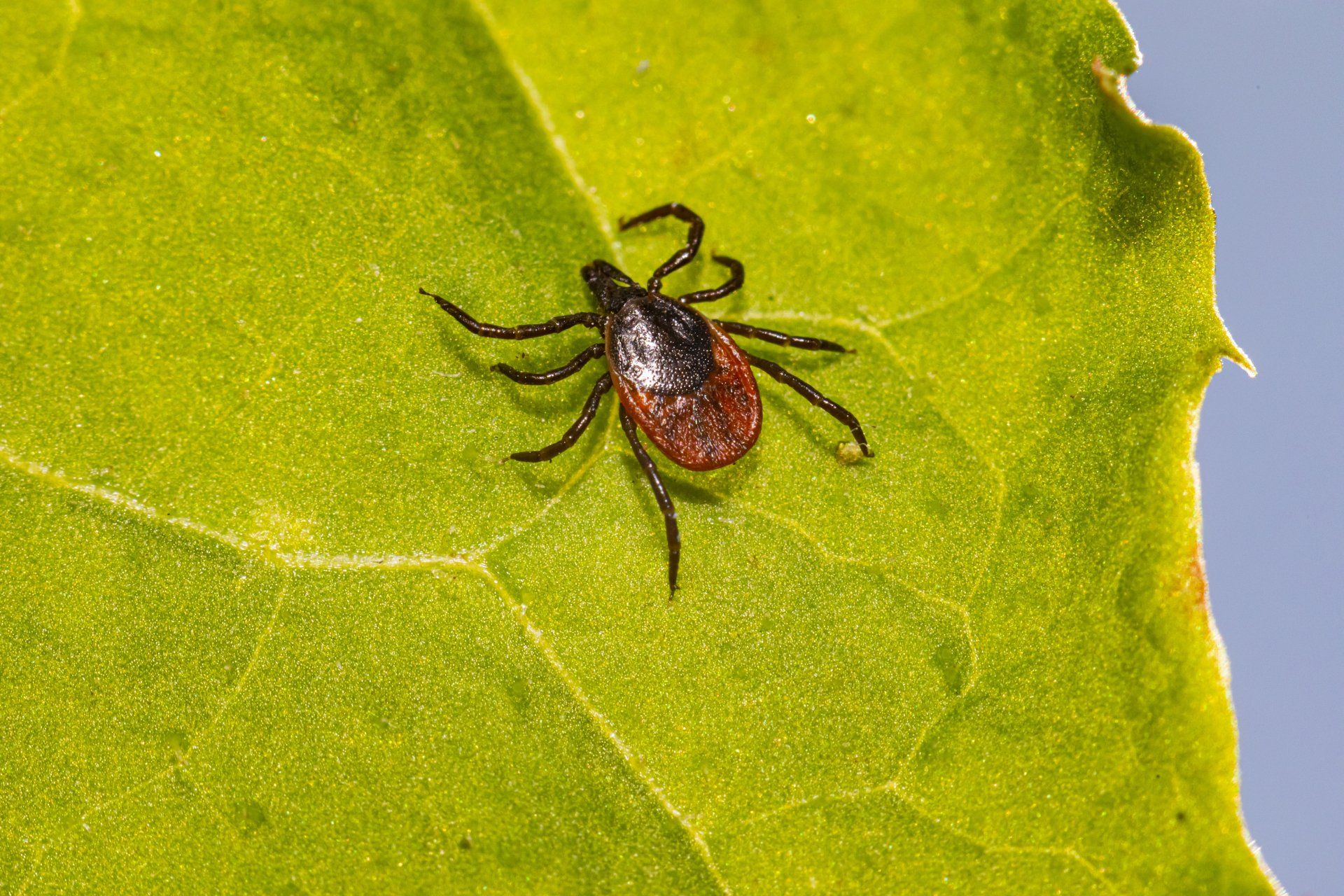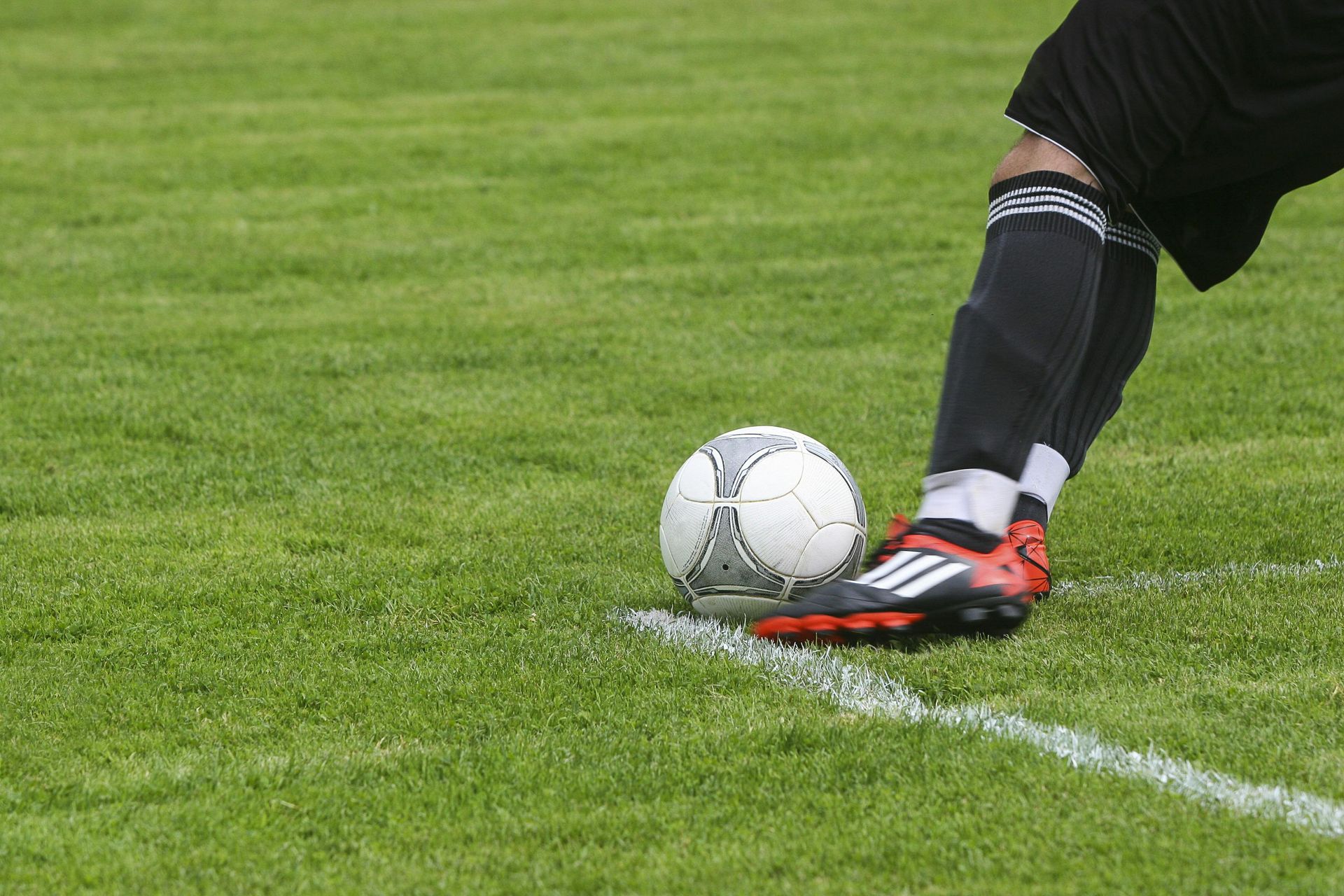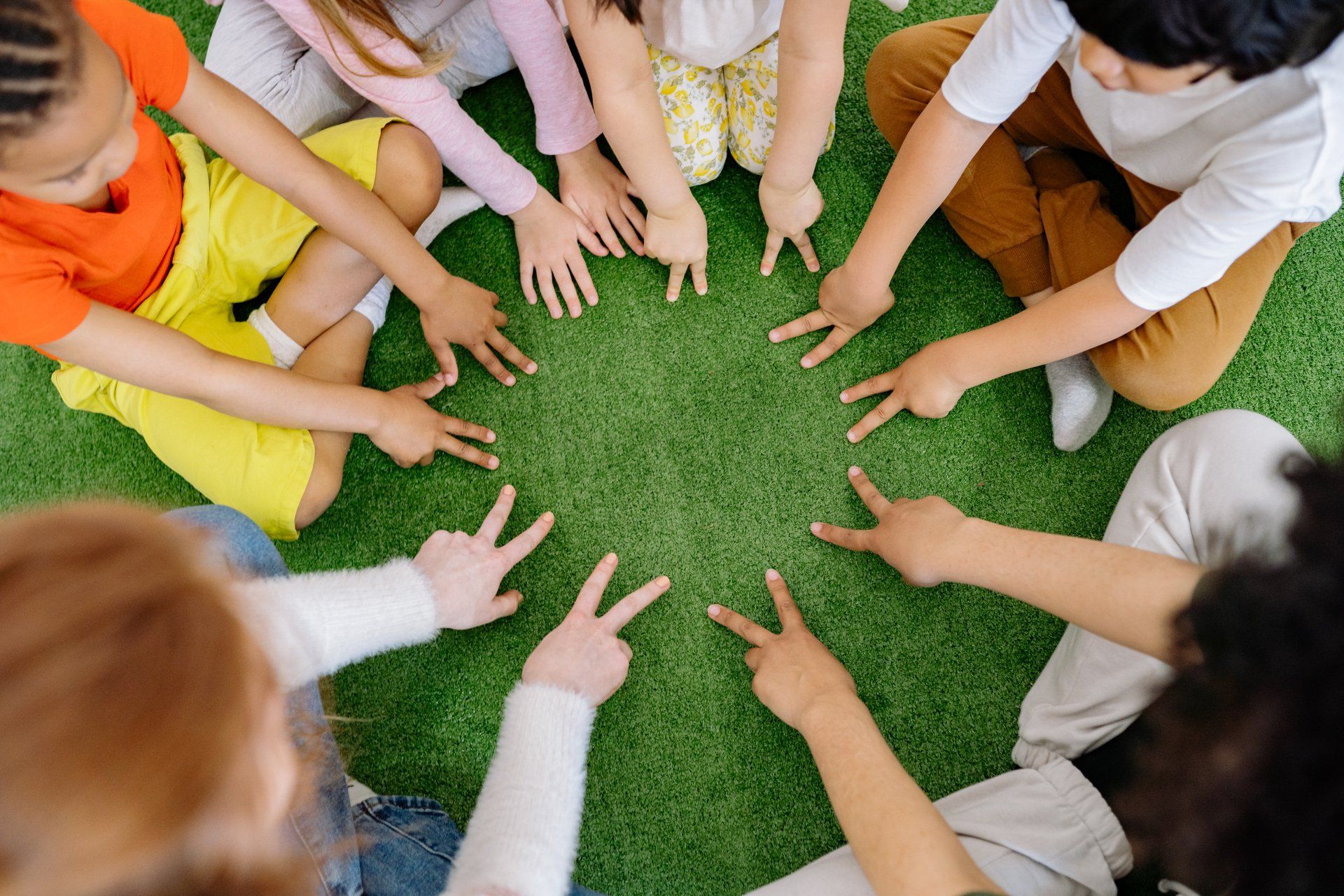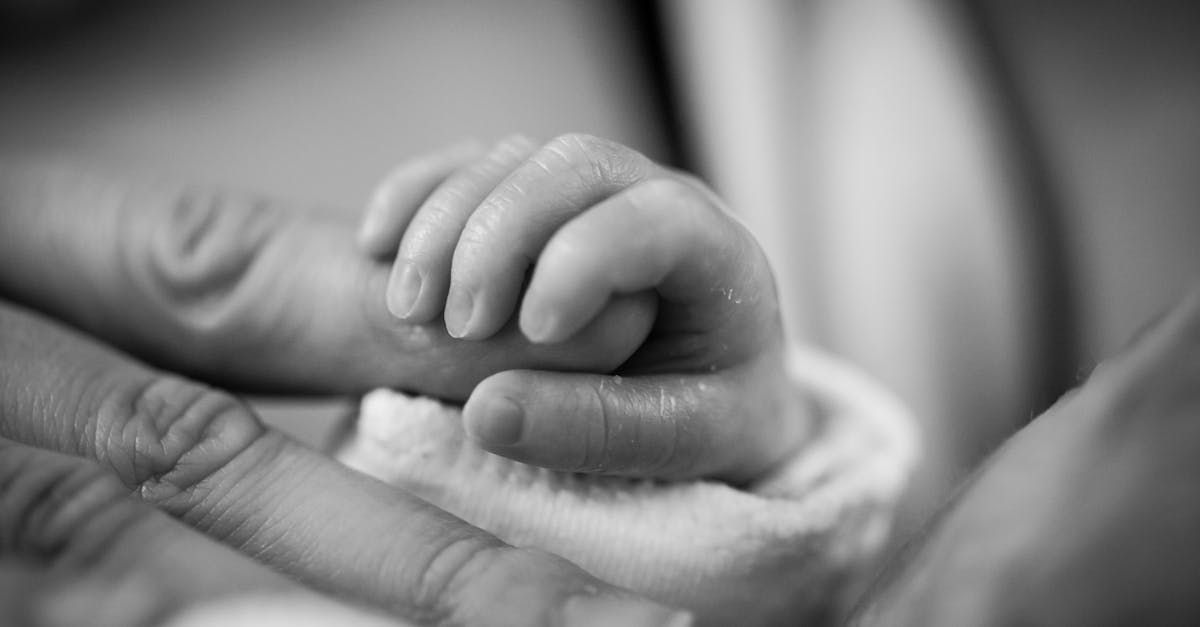By Pediatric Associates of Springfield
•
March 20, 2024
What is Bedwetting? Bedwetting is a common issue for many children. In fact, there are about 5 million children in the U.S. who wet the bed past the recommended age. Many children are toilet trained between the ages of 2-4, but some children develop and train at their own rate. If your child has accidents at night, they are not alone. And as a parent, neither are you. Effects of Bedwetting Bedwetting can cause strain on children and parents, and may worsen social anxiety, depression, and isolation from peers. If your child experiences bladder control problems after age five and it is bothersome to them and your family, it may be worth reaching out to the child’s pediatrician to seek help. Types of Bedwetting There are two types of bedwetting: #1) Primary bedwetting is the focus of this article and describes children who never achieved dry nights since potty training (typically these children have no accidents during the daytime). #2) Secondary bedwetting is when a child achieved consistent dry nights for at least 6 months but has started bedwetting again. This can be related to many factors, including urination dysfunction, constipation, or neurologic dysfunction. This type of bedwetting is an urgent concern so please call your PCP promptly. Common reasons for bedwetting Communication between the brain and bladder . If the brain is sensing the bladder is filling up and sends a message to empty, bedwetting will happen. On the contrary, if the brain does not recognize that the bladder is filling, your child may not wake up to use the restroom, and bedwetting will happen. Stress or trauma . Sometimes when children experience stress or traumatic events, such as an illness or life stressor, they can have bouts of bedwetting. This can occur even if the child was previously dry at night. Medical concerns . Rarely, some children begin to wet the bed because of a medical problem. Managing bedwetting Keep the following tips in mind: Do not blame your child . It is not your child’s fault. Offer support, not punishment, for wet nights. Be honest with your child about what is going on . Let your child know it is not their fault, and that most children outgrow bedwetting. Protect the bed . A plastic cover under the sheets protects the mattress. Let your child help . Encourage your child to help change the wet sheets and covers. This can teach responsibility, as well as keep your child from feeling embarrassed if the rest of the family knows . Important note : if you child views this as a punishment, it is not recommended. Bedwetting Treatment The initial treatment for bedwetting includes behavioral and lifestyle changes. These may include, but are not limited to: limiting fluid intake after a certain time at night eliminating bladder irritants such as carbonation or artificial colors constipation management creating a schedule for bathroom use You can reach out to your child’s pediatrician for guidance on what changes may work best. If bedwetting does not stop after behavioral changes, there are additional medical treatments that may be warranted. Please discuss these options with your child’s pediatrician if other methods have not been effective. For further details, you can read more about bedwetting here and here Clayton Brinkley MS 3 University of Missouri School of Medicine Springfield Campus










